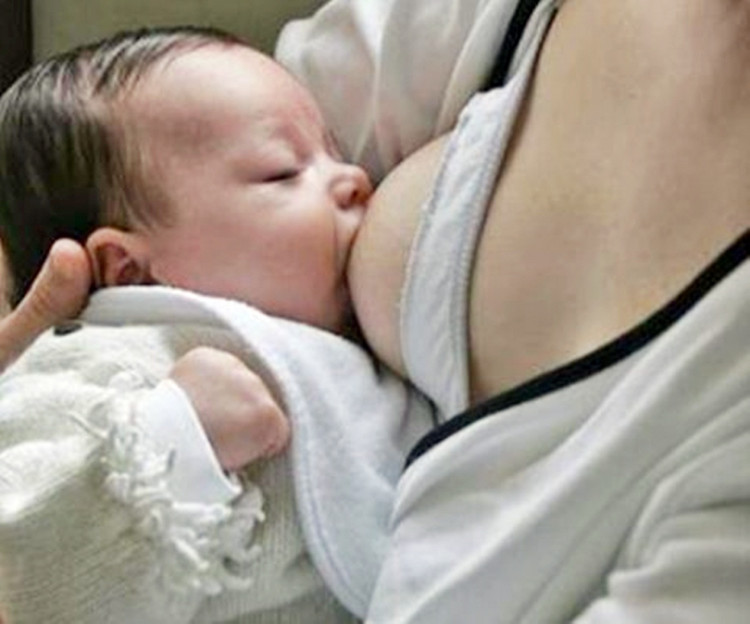China's already low birth rate plunged in 2020, according to government data, further worsening a demographic crisis of a society trending rapidly older despite easing a one-child only policy five years ago.
There were 10.03 million new babies registered in 2020, a number 14.9% lower than the 11.79 million registered in 2019, according to data made public by the Ministry of Public Security, which is responsible for day-to-day law enforcement in China. China in 2020 recorded the lowest annual birth rate since the communist state was founded in 1949. The 2020 birth rate was 11.416 births per 1,000 people, a 2.2% drop from 2019.
China's diminishing number of babies born annually is a serious issue for policymakers and, coupled with an increasingly elderly population, constitutes a population time bomb that will see China growing older first before it gets rich. The latest data from the National Bureau of Statistics shows 250 million people over 60 years old in China. This number represents 18% of the population and is forecast to rise as high as 36% by 2060.
Births in China, a country of 1.4 billion people, since 2002 have been nearly stable at around 16 million per year. The plunge to below 15 million annual births in 2019 was a first and confirms the failure of efforts by Beijing to encourage couples to have two or more children.
China's current demographic crisis can be traced back to 1979 when the communist Chinese government unwisely launched its nationwide one-child policy, which has also been blamed for a severe gender imbalance with males outnumbering females by more than 30 million in 2019.
The end of the one-child policy in 2015, however, failed to reverse the country's falling birth rate and population decline despite an increase in 2016 and 2017.
Experts said this failure was caused by the central government's unwillingness to provide other relevant changes to support larger families, such as monetary support for childcare and more days for paternity leave. Most Chinese parents have said they can't afford to raise more than one child.






